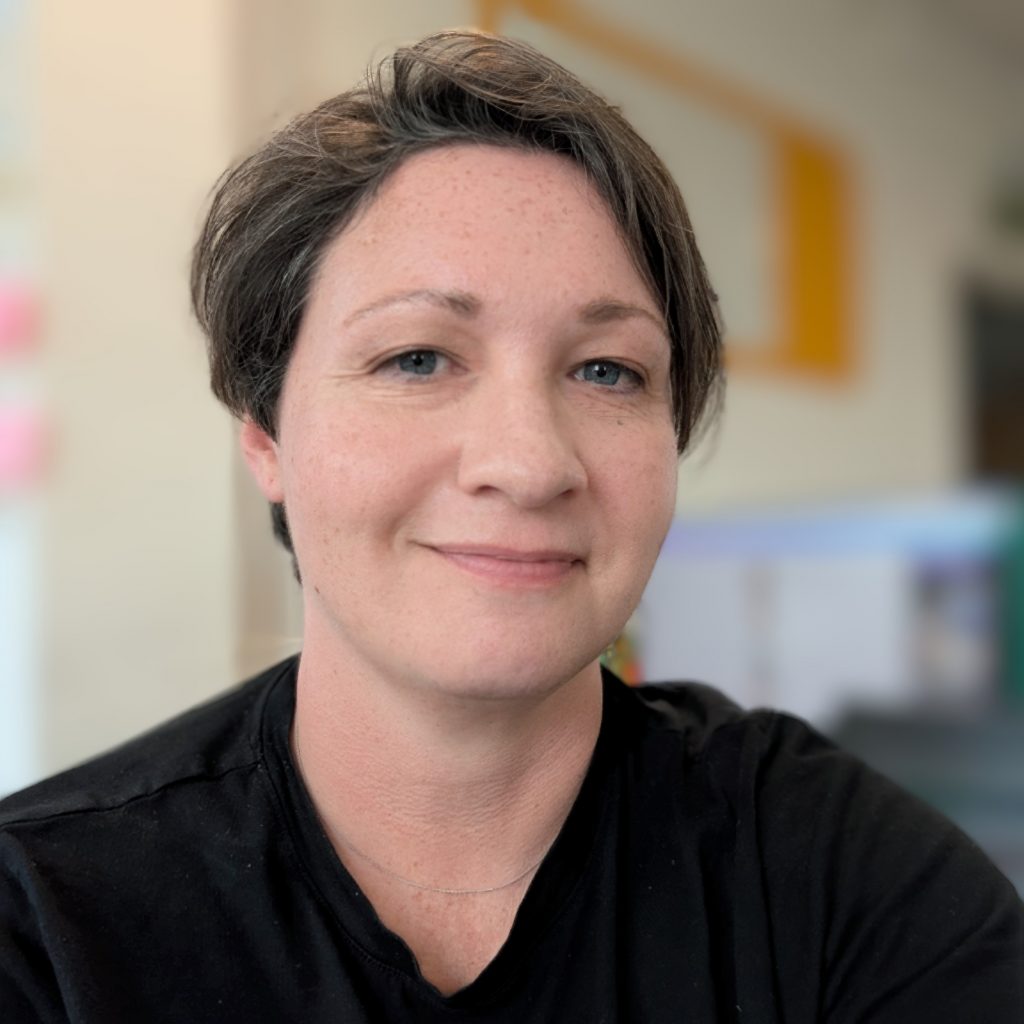As a counsellor, I’ve always believed that the more we understand about someone’s unique experiences, the better we can support them. When it comes to pregnancy, labour, and birth, the journey is often portrayed as a universally joyful time. Yet for many people, the reality is far more complex. Birth can be beautiful. And it can also be frightening, overwhelming, or even traumatic.
That’s why I chose to complete specialist training with Make Birth Better, an organisation dedicated to improving awareness and support for people affected by birth trauma.
Who are ‘Make Birth Better’?
Make Birth Better is a collective of professionals, parents, and advocates who are committed to reducing birth trauma and raising awareness of its impact. Their training programmes are designed to give therapists, midwives, doctors, and other professionals the tools to understand trauma in the perinatal period, and to respond in ways that are sensitive, supportive, and effective. Much of their training is also centred around preventing trauma.
Why Specialised Birth Trauma Training Matters
Birth trauma comes with its own set of challenges. For example:
- Trauma can feel confusing: Some people don’t even realise their birth was traumatic until months or years later.
- It can affect the whole family: Birth trauma doesn’t just impact the birthing parent. It can affect partners, family members, and future pregnancies too.
- Shame and silence are common: Many parents feel they “should” just be grateful for a healthy baby, making it harder to talk about their struggles.
- Safety: While not always the case, birth trauma can lead to perinatal mental health conditions.
Training with Make Birth Better has helped me to recognise the many different ways trauma can appear during or after birth, including with baby loss, and how best to support people in processing their experiences.
What I Learned Through Training
Through the programme, I deepened my knowledge of:
- The signs and symptoms of birth trauma (including PTSD, anxiety, depression, and relationship challenges)
- The role of the body and nervous system in storing traumatic memories
- Inclusive approaches that recognise the impact of trauma on partners, LGBTQ+ parents, and families from diverse backgrounds
How Specialised Therapy Supports Healing
When someone comes to therapy after a difficult birth, my role is to walk alongside them as they make sense of what happened. Specialised training means I can:
- Offer language and understanding for experiences that may have felt isolating
- Help ease distress
- Support both parents and partners in processing their stories
- Empower people to rebuild confidence in themselves, their bodies, and their future choices
Why This Matters to Me
I chose to train with Make Birth Better because I want the people I work with to feel truly understood. Birth trauma is real, and it deserves specialised care. By combining my core psychodynamic training with additional expertise, I can offer therapy that honours your story and supports you.
Final Thoughts

If you’ve experienced birth trauma, you may feel uncertain about reaching out for help. But you don’t need to go through it alone. Specialised therapy provides a safe, compassionate space to explore your feelings and begin to heal.
If you’d like to talk about the experiences you have had, before, during, or after birth, please feel free to get in touch.